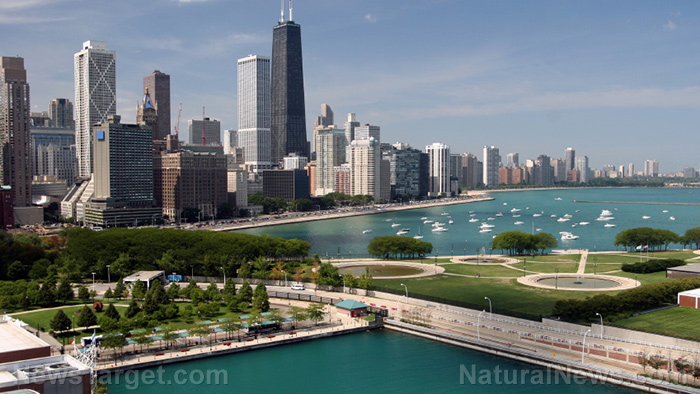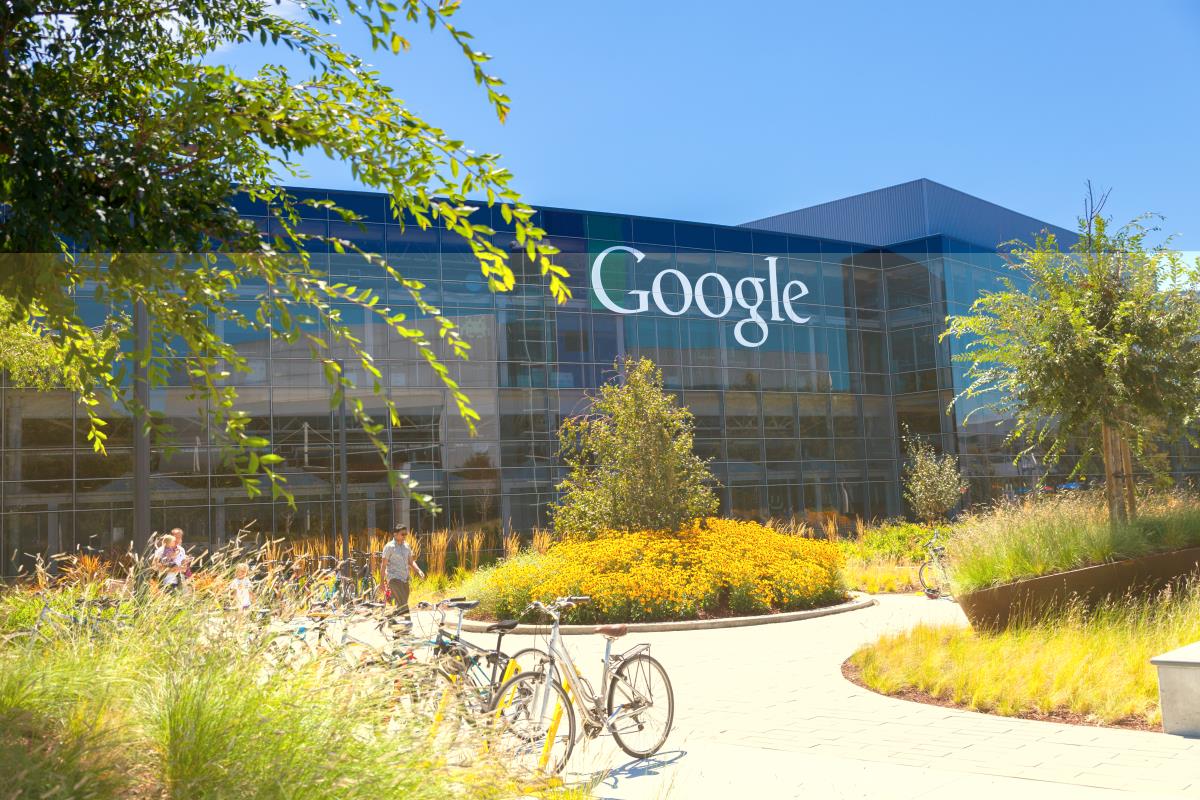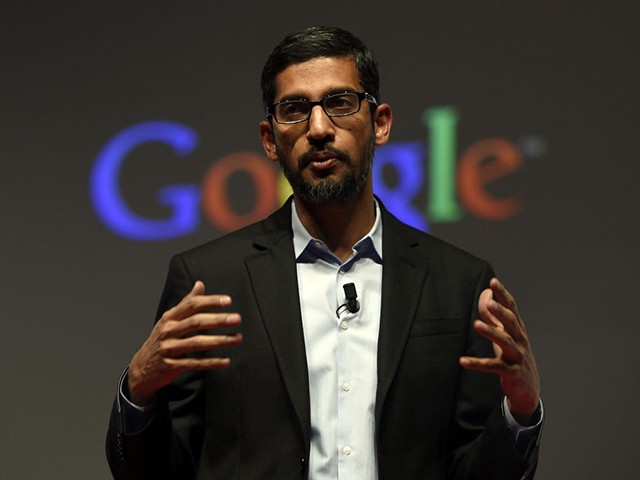
Classroom teaching will primarily be handled by adaptable robots rather than humans within 10 years and will alter human life as we know it in the process.
That is the prediction of historian Sir Anthony Seldon, vice chancellor of the University of Buckingham in the U.K., which he made at the recent British Science Festival and is contained in an upcoming book called The Fourth Science Revolution.
While each child will wind up with the best teachers and receive a first-class education according to his forecast, Seldon seemed to be at least partially conflicted about the revolutionary role of artificial intelligence in day-to-day learning, the Daily Mail explained.
[Seldon] explained that in the new AI classrooms, each child will progress at his or her own pace. There will be no more set courses applicable to all students as teaching, carried out by emotionally sensitive machines, will become highly personalized. Asked if he was suggesting machines would replace the inspirational role of teachers, he said: 'I'm desperately sad about this but I'm afraid I am.'
Traditional human teachers will function as low-level wingmen or women to robots, he suggested, serving as little more than classroom assistants who set up equipment, help kids with certain low-level tasks, or maintaining discipline, he added.
AI technology poses broad implications for society, he cautioned, because individuals derive a great deal of fulfillment from their jobs and that humans are hard-wired to work.
With that in mind, a study by accounting firm PricewaterhouseCoopers claims that robots and artificial intelligence could take over two of every five jobs in America within about the next 15 years. The results also suggest that technology will displace both white-collar and blue-collar workers, which could push wages downward and add to the unemployment rolls.
There has already been a lot of discussion about how automation, such as the rollout of self-service kiosks, might reduce headcount in the fast-food industry. (Related: Read more about artificial intelligence at Robotics.news.)
As an aside, the disciplinary function alluded to above could be a full-time job/career depending upon the school district concerned.
All is not sanguine of the AI front, however, in the U.K. For example, two British professors have ominously warned that robots are similar to an invasive species because of their increasing ability to make conscious decisions and to eventually out-compete humans in many ways.
Separately, Tesla and SpaceX CEO Elon Musk has also sounded the alarm about the risks to the human race posed by rapidly advancing progress in AI. Back in 2015, Health Ranger Mike Adams, the founder of Natural News, warned that once AI technology develops into highly evolved, self-aware, self-replicating systems, the human race has a big Terminator problem on is hands.
Would you be okay with turning your childrens' education over to robots?
Sources include:
Please contact us for more information.





















